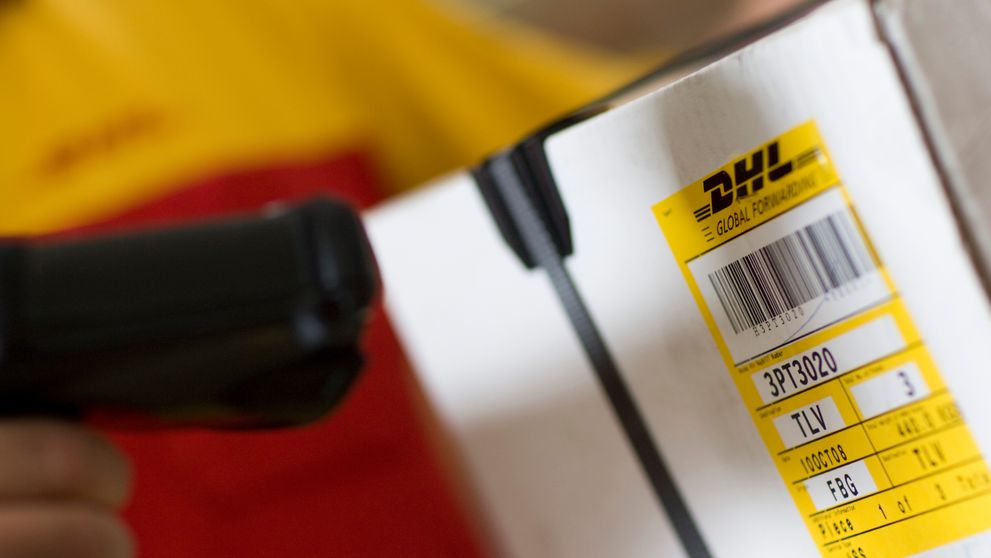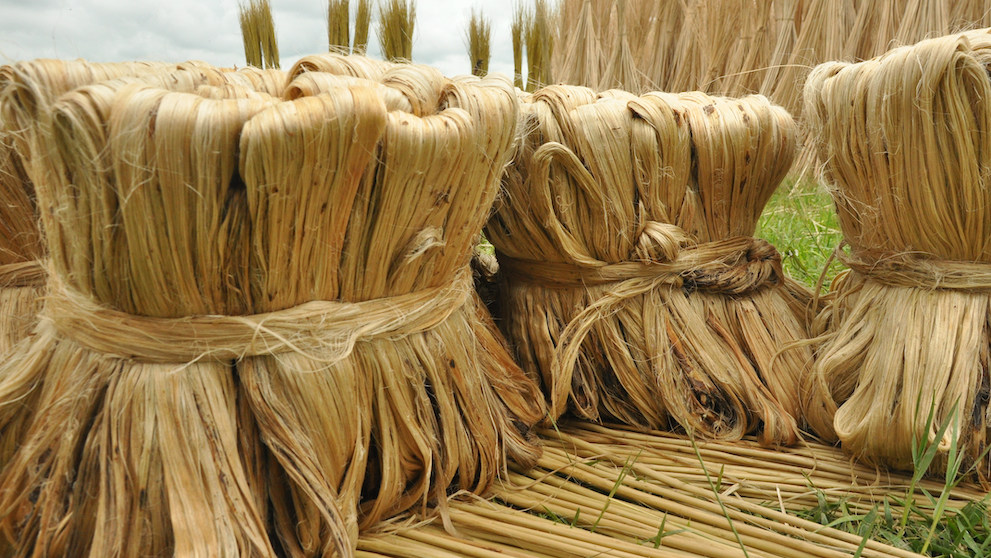The United Kingdom presents a lucrative market for Bangladeshi businesses seeking to expand globally. With a strong historical trade relationship and a large Bangladeshi diaspora, the UK offers substantial opportunities for a wide range of products. In 2024, the UK Department for Business & Trade reported that exports from Bangladesh reached UK£2.6 billion in the four quarters ending in Q1 2024. Moreover, Bangladesh is ranked as the UK’s 55th largest trading partner. These figures highlight the robust trade relationship between the two nations, providing promising opportunities for Bangladeshi businesses to expand their footprint in the UK market.
But before businesses can expand their reach to this part of the world, they must learn how to navigate the export process, from the customs regulations and restrictions to the documentation and logistics. By understanding the intricacies of exporting, businesses can unlock the full potential of the UK market and drive their business towards greater success.
Key steps how to export from Bangladesh to the UK
Exporting can seem complex, but by breaking it down into key steps, you can approach the process with confidence.
Product selection & market research
Choosing the right products to export from Bangladesh to the UK is a foundational step for successful market entry. The UK is a competitive market with a diverse consumer base, so understanding which products have demand and how to position them effectively is critical. To guide your product selection, consider the following key factors:
1. Demand
Before selecting products, it’s important to identify what is in demand in the UK. Conducting extensive market research could help you pinpoint products that have a strong market presence. Traditional Bangladeshi exports like ready-made garments (RMG) and textiles have historically performed well in the UK, according to OEC. However, according to Trading Economics, other emerging sectors offer export potential. These include processed foods, IT services, and furniture, which are gaining traction.
However, to gauge fully which export products could be in demand, you can do your own market research. Data is available on government and trade association websites to give you an overview of which products show promising growth in demand. You could also check out online marketplaces that are popular in the UK, such as Amazon, to gain insight into consumer preferences. It's also important to stay informed about the latest trends in the UK, such as the increased demand for sustainable products, ethical fashion, and the push for eco-friendly goods.
2. Competition
Aside from knowing what products are in demand in the UK, you should also know who your competition is. Identify companies in the UK, Bangladesh, and abroad that offer similar products. This includes looking at brands already well-established in the UK market. Then, determine what makes their products stand out and think about how your product can offer something different from theirs—whether it's through better pricing, higher quality, or innovative design.
Leveraging the UK’s DCTS
The UK's Developing Countries Trading Scheme (DCTS) offers significant tariff reductions and simplified trading rules, creating new opportunities for the 65 developing countries eligible for this scheme. Understanding how to leverage the DCTS can help you reduce costs and increase your competitive edge in the UK market.
1. Reduced or zero tariffs
One of the major benefits of the DCTS is its tariff reduction system, which minimizes or eliminates tariffs on imports from eligible countries. According to the UK Government, the DCTS classifies countries into three categories—Comprehensive Preferences, Enhanced Preferences, and Standard Preferences—with varying levels of tariff reductions.
- Comprehensive Preferences: Countries under the Comprehensive Preferences can benefit from 0% tariffs on 99.8% of product lines. 47 countries are under this category, and Bangladesh is one of them, which allows Bangladeshi products to be more competitive in the UK market.
- Enhanced Preferences: Countries in this category receive 0% tariffs on 92% of their product lines, giving them favorable access to the UK.
- Standard Preferences: For countries under this category, 65% of product lines qualify for 0% tariffs. This tier is designed for developing countries that are still progressing in their economic development, offering more limited but still valuable tariff reductions.
2. Simplified rules of origin
One of the key benefits of the DCTS is its simplified and more generous rules of origin, which make it easier for you to qualify for preferential treatment. Rules of origin determine the country where a product is considered to have been made, and thus, whether it qualifies for reduced or zero tariffs under the DCTS. There are two main criteria for determining the origin of goods:
- Wholly obtained rule: This rule applies to products that are entirely produced or obtained within a single country without incorporating materials from other countries. For example, if a product is entirely manufactured in Bangladesh using only Bangladeshi materials, it would fall under this category.
- Sufficient working or processing rule: This applies to products that are processed or manufactured using imported materials but undergo significant transformation in the country of export. For a product to qualify under this rule, it must meet specific product-specific rules (PSRs), which detail the level of processing required to change the country of origin status.
It is crucial for you to correctly identify which rule applies to their products. By doing so, you can ensure that your products meet the necessary criteria to benefit so that your business can benefit from the preferential tariffs provided under the DCTS. Accurate compliance with these rules can significantly reduce costs and improve the competitiveness of Bangladeshi exports in the UK market.
Documentation & compliance
Ensuring your export documentation is complete and compliant is crucial for smooth transactions. Essential documents include:
- Commercial Invoice: This is a comprehensive invoice that outlines the transaction between the exporter and importer, including product descriptions, quantities, prices, and terms of sale.
- Packing List: This refers to an extensive list of the contents of each package, including weight, dimensions, and any special handling instructions.
- Certificate of Origin: This document certifies the origin of the goods and is crucial for claiming preferential tariffs under the DCTS.
- Bill of Lading or Airway Bill: This is a transport document which serves as a contract between the shipper and the carrier. It acknowledges the receipt of the goods and outlining the terms of transportation.
- Other permits or licenses: Certain products may require specific licenses and certificates before they can be exported to the UK. According to the UK’s Department of Business & Trade, products that are considered high-risk sanitary and phytosanitary commodities are required to seek approval before market access. These commodities may include animal products, plant products, and high-risk food, among others.
Packaging and labeling requirements
Export goods the UK must comply with these three types of packing and labelling standards. They apply to plant seeds, food, and other manufactured goods.
1. Product marking
Before you can export a product to the UK, the product must comply with the relevant marking standard, which is CE. This indicates that the manufacturer has evaluated the products and that the products align with EU safety, health, and environmental protection requirements. However, this marking requirement is only valid in the UK at the end of 2024. After that, it must comply with the UK Conformity Assessment (UKCA) marking, according to the UK Department for Business & Trade.
2. Labeling standards
Labeling is particularly important when businesses in Bangladesh plan to export processed food to the UK. There are food labeling standards that businesses must comply with if they want to import and sell products in the UK.
- Manufacturers must adhere to regulations on how to present food product information to consumers. This includes ingredient lists, allergens, and nutritional information.
- Ensure compliance with legal standards governing the labeling and composition of specific food products, such as bottled water, milk, and meat.
- Follow the general requirements for labeling and packaging food products intended for sale in the UK, including clear and accurate product descriptions.
- If you produce, prepare, store, import, or sell organic products, you must comply with specific rules for labeling products as organic or using organic-related terms.
3. Marketing standards
There are certain marketing standards when you plan to export certain commodities. These include wine, poultry, eggs, beef, and veal. For example, if you’re planning to export wine to the UK, it should show the name and address of a business that is based in the UK, Channel Islands, or Isle of Man. The wine should also be marketed under its own name.
Customs clearance & duties
Efficiently navigating customs clearance is vital for ensuring the timely delivery of goods and optimizing costs when exporting from Bangladesh to the UK. The customs clearance process can be complex, but understanding the customs clearance procedures and requirements will help minimize delays and avoid unexpected expenses. Upon arrival in the UK, your goods will go through the following key stages:
- Submission of documents: Provide all necessary documentation, including the commercial invoice, packing list, certificate of origin, and bill of lading.
- Inspection of goods: UK customs officials may inspect your goods to verify their contents and compliance with regulations.
Payment of duties and taxes: In this stage, you are required to pay any applicable import duties and taxes, although these may be reduced or eliminated under the DCTS.

Choosing the Right Shipping Partner: DHL Express
Selecting a reliable international courier service is crucial for the success of your export operations. DHL Express is a global leader in shipping and logistics, offering a range of services tailored to the needs of exporters in Bangladesh.
DHL Express has extensive experience in handling shipments between Bangladesh and the UK, providing seamless and efficient overseas delivery solutions. We give businesses a variety of logistics and shipping options to suit their needs, including worldwide express delivery and sustainable shipping services. With a vast global network and advanced tracking capabilities, DHL Express ensures your shipments are delivered securely and on time.
By partnering with DHL Express, you can streamline your logistics and shipping operations so you can focus on growing your business in the UK market. Open a business account with us today to get started.
For more export insights, check out the top exports from Bangladesh and how you can capitalize on them.





































